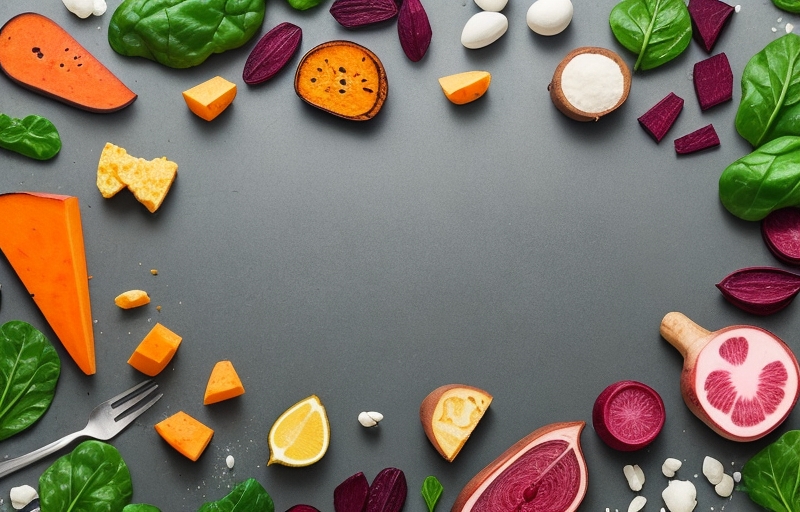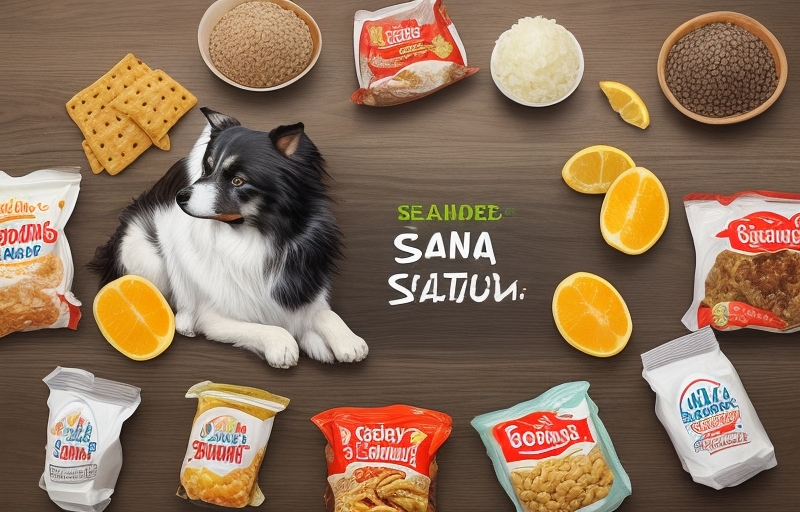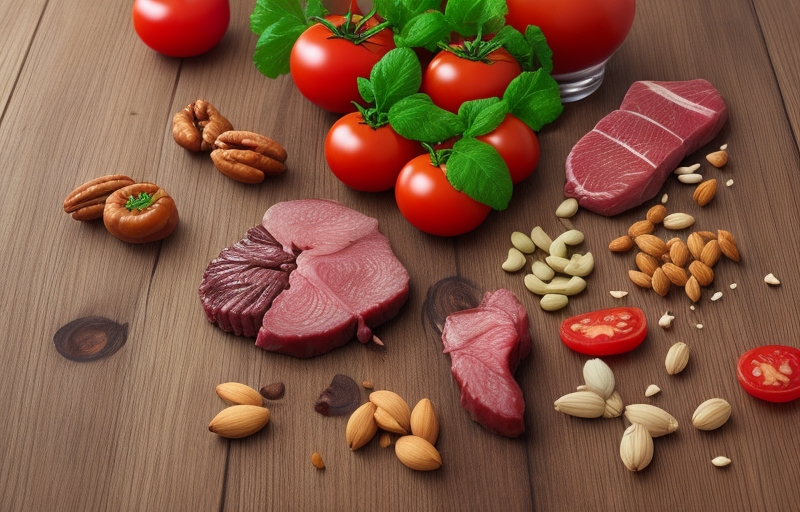Learn about What Foods Cause Kidney Stones in Dogs and discover essential tips to safeguard your furry friend’s renal health. Explore a detailed guide on canine nutrition and frequently asked questions to ensure your dog leads a happy and healthy life.
Introduction
Kidney stones in dogs, medically known as nephrolithiasis or renal calculi, can be a painful and concerning condition for both pets and their owners. While several factors contribute to the formation of kidney stones, including genetics and underlying medical conditions, diet plays a crucial role. In this comprehensive guide, we will delve into the foods that can potentially cause kidney stones in dogs and provide essential tips on preventing this condition.
Read Also: Best Foods to Prevent Kidney Stones in Dogs
Understanding Kidney Stones in Dogs:
Kidney stones are crystalline structures that form in the kidneys and can vary in size, causing discomfort and potential complications. In dogs, the most common types of kidney stones include struvite, calcium oxalate, urate, and cystine stones. The formation of these stones can be influenced by factors such as breed predisposition, age, and gender.
What Foods Cause Kidney Stones in Dogs?
1. High Oxalate Foods:

Foods high in oxalates, such as spinach, beet greens, and sweet potatoes, can contribute to the formation of calcium oxalate stones. While these foods are generally healthy, moderation is key.
2. Excessive Calcium Intake:
While calcium is essential for a dog’s overall health, excessive amounts can lead to the formation of calcium-based stones. Avoid over-supplementing your dog’s diet with calcium, especially if they are not on a balanced and vet-approved diet.
3. High-Protein Diets:
Diets excessively high in protein, especially animal protein, can lead to an increase in certain types of stones. Consult with your veterinarian to determine the appropriate protein levels for your dog’s specific needs.
4. Sodium-Rich Foods:

Excessive sodium intake can contribute to the formation of kidney stones. Processed foods, salty snacks, and certain table scraps may contain high levels of sodium. Be mindful of your dog’s sodium intake and opt for balanced, low-sodium dog foods.
5. Organ Meats:
While organ meats like liver can provide essential nutrients, they are also rich in purines, which can contribute to the formation of urate stones. Limit the intake of organ meats and consult your vet for guidance.
6. Tomatoes:
Tomatoes and tomato-based products contain oxalates, which can contribute to the formation of calcium oxalate stones. While tomatoes themselves are not toxic to dogs, excessive consumption may increase the risk of kidney stones.
7. Nuts and Seeds:
Certain nuts and seeds, such as almonds, cashews, and pumpkin seeds, are high in oxalates. These compounds can combine with calcium in the urine, forming crystals that contribute to the development of kidney stones.
8. Chocolate:

Chocolate contains both theobromine and caffeine, substances that can affect a dog’s nervous system and cardiovascular system. In addition to these concerns, chocolate also contains oxalates, making it a potential contributor to kidney stones if consumed in excess.
9. Beetroot:
While a nutritious vegetable, beetroot contains oxalates and should be fed in moderation to dogs. Excessive consumption may elevate oxalate levels in the urine, leading to the formation of calcium oxalate stones.
10. High-Fat Foods:
Diets high in fat, such as those containing excessive amounts of fatty meats or fried foods, can contribute to the formation of calcium oxalate stones. High-fat diets may alter the composition of urine, creating an environment conducive to stone development.
Note: It’s important to note that moderation is key when offering these foods to your dog. Additionally, individual dogs may have different sensitivities, so it’s advisable to consult with your veterinarian to tailor your dog’s diet based on their specific health needs and potential predispositions. Regular veterinary check-ups, coupled with a balanced and appropriate diet, play crucial roles in preventing kidney stones and maintaining optimal renal health in dogs.
Preventing Kidney Stones in Dogs:
Hydration is Key:
Ensure your dog has access to fresh, clean water at all times. Proper hydration helps prevent the concentration of minerals in the urine, reducing the risk of stone formation.
Balanced Nutrition:
Feed your dog a well-balanced, veterinarian-recommended diet. This ensures they receive the right nutrients in appropriate quantities, reducing the risk of dietary imbalances that can lead to kidney stones.
Regular Vet Check-ups:

Schedule regular check-ups with your veterinarian to monitor your dog’s overall health and catch any potential issues early. This is especially important for breeds predisposed to kidney stones.
Moderation is Key:
While certain foods may contribute to kidney stones, moderation is often the key. Consult with your vet to create a diet plan tailored to your dog’s specific needs and health conditions.
Conclusion
In conclusion, understanding the connection between diet and kidney stones in dogs is crucial for responsible pet ownership. By being mindful of your dog’s nutrition, staying vigilant for signs of kidney stones, and seeking professional guidance, you can help ensure your furry friend’s renal health and overall well-being.
Read Also: Kidney Stones in Dogs
FAQs:
Q1: Can any dog breed develop kidney stones?
While kidney stones can affect any dog breed, certain breeds are more predisposed to specific types of stones. Breeds like Dalmatians, Yorkshire Terriers, and Miniature Schnauzers may be more susceptible.
Q2: Are all high-protein diets bad for dogs?
Not necessarily. The key is to ensure a balanced diet that meets your dog’s specific nutritional requirements. Consult your vet to determine the appropriate protein levels for your dog’s breed, age, and health status.
Q3: How can I tell if my dog has kidney stones?
Common signs include frequent urination, blood in the urine, difficulty urinating, lethargy, and changes in appetite. If you notice any of these symptoms, consult your veterinarian promptly.
Q4: Can homemade diets prevent kidney stones?
Homemade diets can be beneficial, but they must be well-balanced and meet all of your dog’s nutritional needs. Consult with your vet to create a suitable homemade diet plan.
